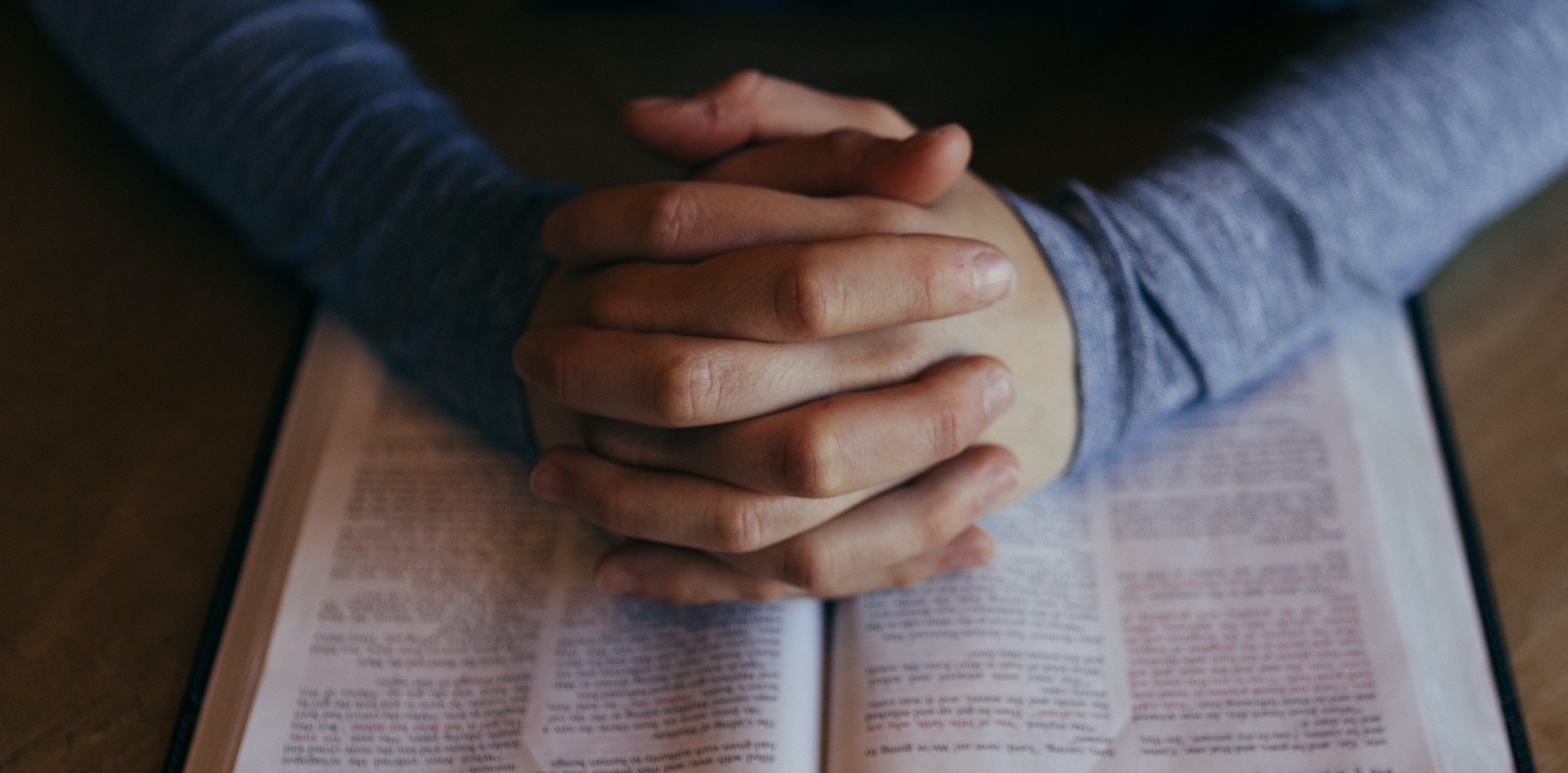The psalm for morning prayer yesterday (Ps. 84) celebrates being in the presence of God in his temple. Many of you likely remember its most famous line, “For a day in your courts is better than a thousand elsewhere.” But as I prayed through the psalm yesterday morning, a much less famous verse leapt off the page:
Blessed are those whose strength is in you,
in whose heart are the highways to Zion.
The imagery of having highways in the heart grabbed my imagination and raised convicting questions! Highways can be rough or smooth, slow or swift, and dangerous or peaceful, just like the paths I travel in my heart—sometimes I choose the bumpiest or longest roads as I seek to follow God. Highways only matter if they are actually traveled—acknowledging what is right in my heart but not acting on it is pretty meaningless. In the end though, the most convicting question was raised by the simple reality that highways lead somewhere—there is a destination to the direction our hearts are pointed. For me, this raised the question, “Is my heart actually pointed towards Zion, to where God is?”
Hebrew poetry is based on parallelism; each pair of lines works together, complementing, contrasting, and explaining each other. The parallelism of this verse is beautiful, because it demonstrates that those whose heart-highways are aiming at God’s presence—those who view the throne room of God as their homeland and keep traveling there—are the same ones whose strength is in God. They don’t have to be strong on their own. God will be strong for them, because their heart is always longing for and traveling towards his throne.
May the highways of our hearts be to Zion!
Steven+
Scripture Reflections
The Gospel reading from Sunday (Matthew 20:1-16) is bracketed by Jesus’ statement, “The last will be first and the first last.” This sentence is familiar—perhaps so familiar that it doesn’t provoke us anymore, but it ought to. Throughout Matthew, Mark, and especially Luke (as well as I Peter and I & II Corinthians), there is regular attention given to the fact that in the new kingdom, fortunes will be reversed.
This concept of the reversal of fortunes in the new kingdom—the first last and last first—shows up in many contexts: The humble will be exalted, and the exalted will be humbled. The poor will inherit everything, and the rich will go away empty-handed. The kingdom belongs to children. Those who are persecuted will be blessed. The meek, not the ambitious, will own the promised land. Beggars will be in charge of the kingdom. Those who are weeping will receive comfort. The foolish will shame the wise. Etc. Etc.
We need a bit of nuance with these statements, because no individual verse should be interpreted outside the totality of Scripture. In other words, the humble or poor who refuse to repent and turn to Jesus in faith shouldn’t expect this exaltation. These claims about the poor and humble occur within the community of faith, not outside of it. And the wealthy and powerful who actually submit to Jesus in faith and repentance need not fear being brought low when Jesus returns, because they will have humbled themselves by submitting to Jesus.
But that nuance shouldn’t blind us to Jesus’ basic point and shouldn’t keep us from noticing the context in which this claim occurs. Frequently, when people are jockeying for status, Jesus cautions them with some variation of “the first will be last and the last first.”
We need that caution, because we are not being trained by our world to put ourselves last or delay gratification. Instead, the basic impulse of our culture is self-promotion, self-expression, self-actualization, and self-gratification. The self-help/care industry is worth billions of dollars. Everything in our broader culture says, “Treat yourself! Put yourself first!”
Yet Jesus cautions us that putting ourselves first will result in being last in the kingdom. And he invites us to give ourselves away as he did, promising that if we put ourselves last for his sake, we will end up being first in the kingdom.
Christians often speak of being countercultural. It is hard to imagination anything more countercultural than a life lived on the principle of, “In the name of Jesus, I will be last.”
Steven+
Further Up and Further In
When people borrow the phrase “further up and further in” from CS Lewis’ The Last Battle, they normally use it to communicate something spiritual, like going deeper into the Gospel or the presence of God. For those who haven’t read the book, the phrase describes the children walking toward the heart of Aslan’s country and Aslan himself, and thus using the phrase as a spiritual metaphor is exactly in line with Lewis’ intent in the book.
This newsletter is not one of those moments! I am borrowing the phrase not to communicate something spiritual or profound, but instead to simply say that we need everyone to move “further up and further in” at church on Sunday!
As attendance has normalized after the summer, it has been clear that we are beginning to fill up the sanctuary at Gayton. There are still seats available, but if they are buried in the middle of rows or at the front of the sanctuary it becomes very awkward for newcomers to find a place to sit. To fix that, we need everyone to move forwards and towards the center aisle, so that the available seats are at the back of the sanctuary and on the outside edges of the rows. This will make things a lot easier for people who are new (or for those running a bit behind).
Further up and further in!
(By the way, if any grammarians are suddenly bothered by the fact that CS Lewis used “further” rather than “farther” to describe the literal distance the children walked, be at peace. British English, unlike American English, does not distinguish between the two words.)
Steven+




